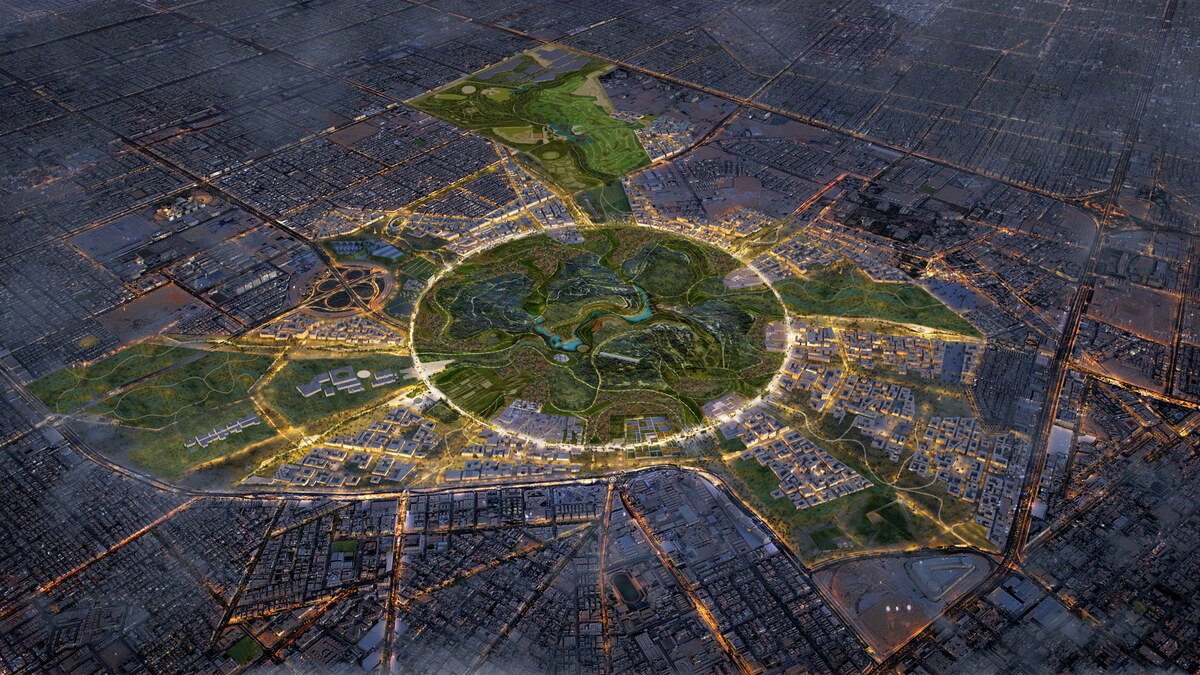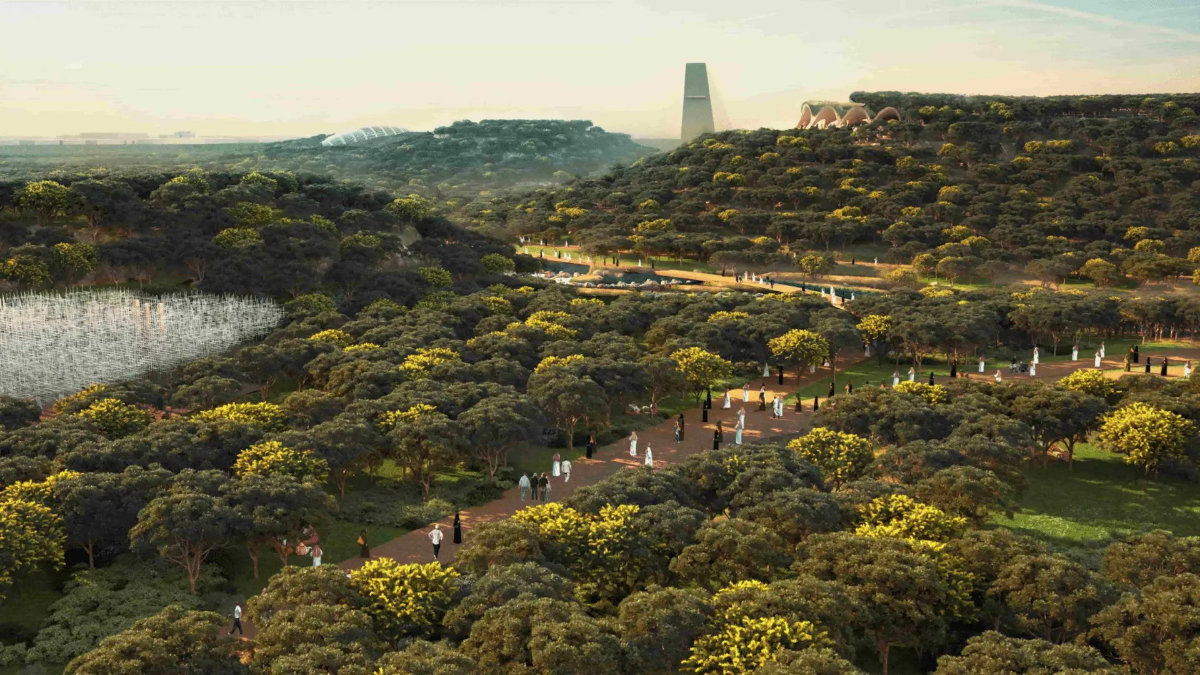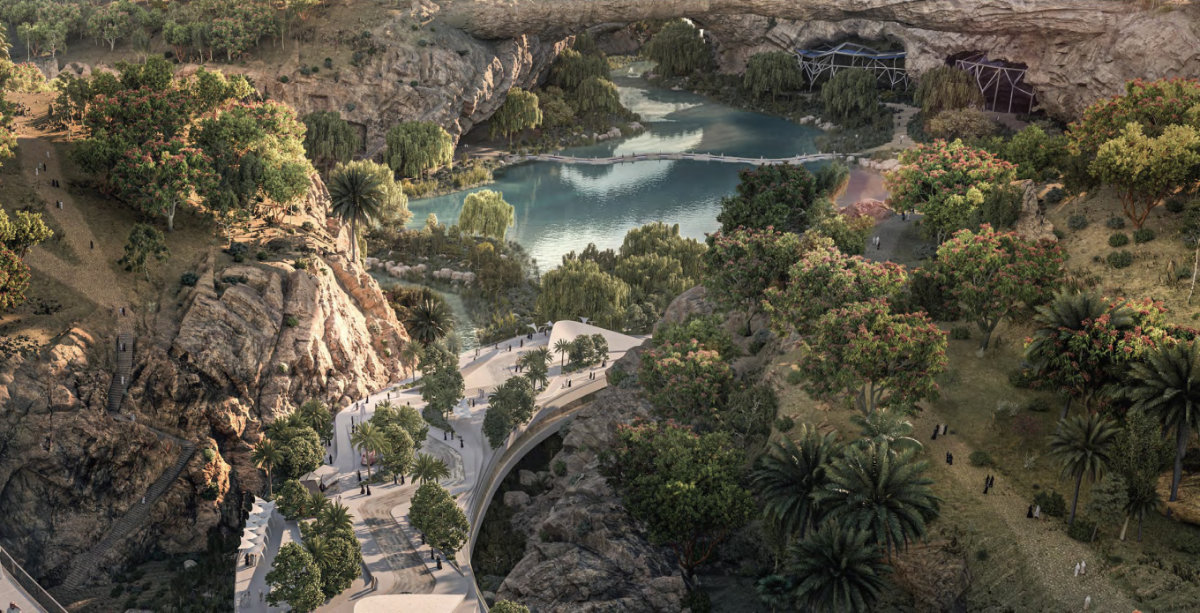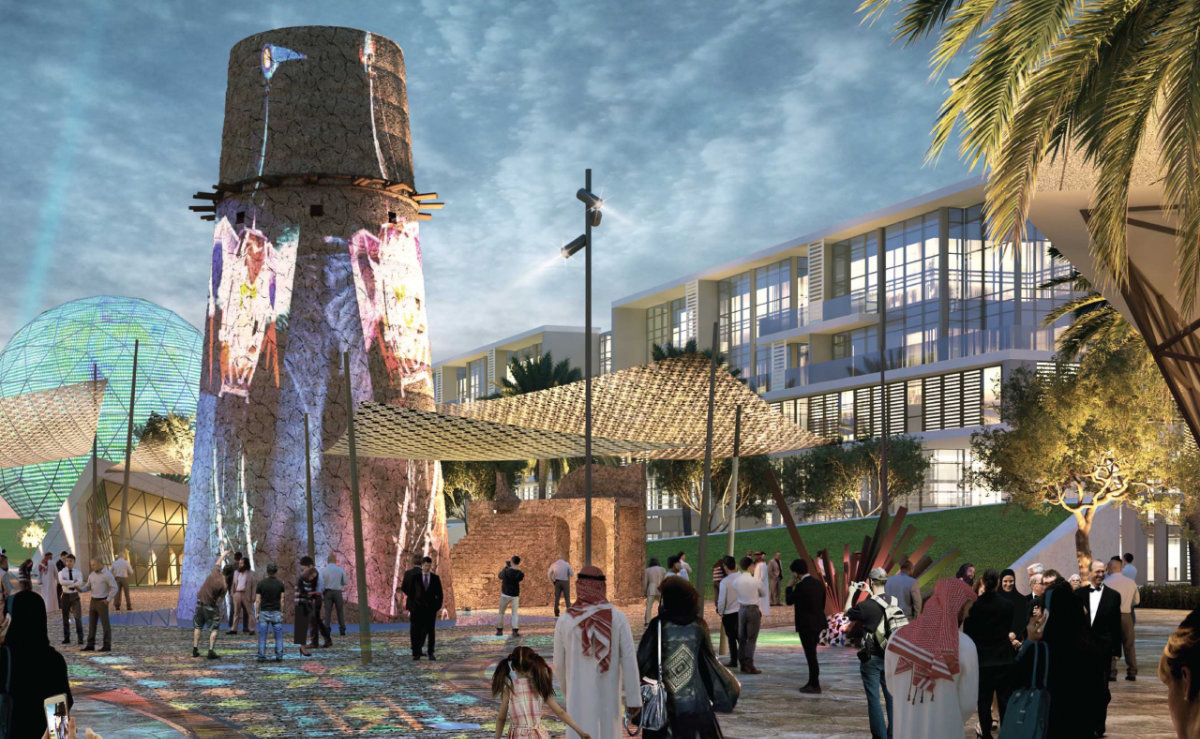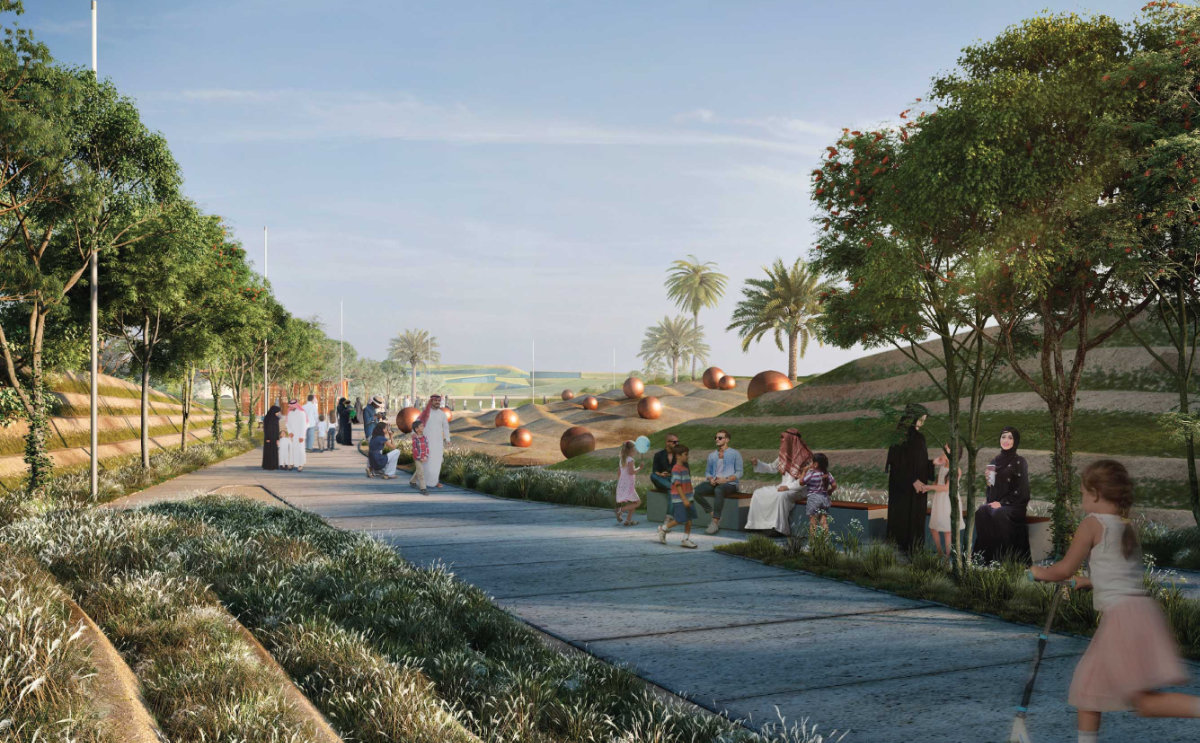RIYADH: Aya Shata, 13, was on a mission to enhance mental well-being and school spirit when she started the Middle School Happiness Club at the American International School in Jeddah.
Engaging in charitable acts with her family, like distributing food packages or taking part in the Iftar Saem program during Ramadan, has been an important part of her life growing up.
By championing charitable and community growth initiatives within the learning institution, Happiness Club has quickly become an integral part of the school’s fabric to nurture social responsibility and personal development.

The club has organized various projects including delivering essential food items to more than 200 people across Jeddah, as well as Eid clothing drives. (Supplied)
The club was established recently but has quickly grown to include 30 members from various middle school grades. It is open to any student who wants to make a difference in the community. “Our activities have already had a significant impact,” Shata told Arab News.
The club has organized various projects so far, including a Ramadan food drive, where students delivered essential food items to more than 200 people across Jeddah, as well as multiple Eid clothing drives.
Shata, who is an accomplished athlete and an ambassador for the Saudi Gymnastics Federation, said: “Middle school is a time when many teens struggle with the stress of academic classes, making friends and loneliness. The Happiness Club can help us connect through acts of kindness and shared activities.

Aya Shata, American International School student
“I thought this club would be a great way to bring us all together, do good things for our community, and help us to balance school life with personal growth and community service.”
In the first Eid drive, the club organized a clothing collection across the school in partnership with Kiswat Al-Sayida Aisha. The young philanthropists gathered used clothes for all ages, which were then sorted and organized at Kiswat Al-Sayida Aisha’s facility. They also installed a donation bin in partnership with the organization at their school to collect clothes year-round.
Middle school is a time when many teens struggle with the stress of academic classes, making friends and loneliness. The Happiness Club can help us connect through acts of kindness and shared activities.
Aya Shata, American International School student
The club hascollaborated with AlOula, one of the Kingdom’s leading nonprofits, to distribute Eid clothing and iftar meals to orphans and other children in need. This is Shata’s third year working with AlOula and the club’s first. In the third drive, they visited families in Bahra to deliver toys, Eidiyat (or Eid money), and candy to children in need.
Egyptian student Amina Mohamed, 14, said that the club “is engaging in activities that promote positivity … we can put smiles on people’s faces, whether it’s seeing orphans, volunteering to donate clothes, or simply spreading kindness in our daily routine, I saw the Happiness Club as a platform to help make a difference in people’s lives and that’s why I joined it.”
The program has taught students of all ages and backgrounds about the power of community. “If we do this when we’re younger it grants us a better tomorrow and also because you get a good feeling when you’re giving to charity,” said 11-year-old Lebanese Moroccan student Rahaf Ibrahim.
At school, the club organized a Mother’s Day event in March in celebration of the dedicated caretakers of their community, as well as a middle school iftar during Ramadan.
The events brought together students, staff and families of various backgrounds, celebrating diversity as they all gathered around one table to share a meal and their collective experiences.
“It was a perfect example of how our club aims to bring happiness and unity to our community, fostering stronger connections and understanding among all participants,” Shata said.
Mahdiya Elegbede, a 13-year-old American student, said her biggest takeaways from joining the Happiness Club are learning the importance of kindness and creating significant impact on others’ lives.
“I hope to spread more charity and good in this school because I think it is a useful and nice thing to do. In the end, doing something good makes us feel good, as well as others, and that itself is wonderful. I am so grateful to join the MS Happiness Club this year, and I hope others will be inspired and will be more giving and kind, too,” Elegbede told Arab News.
Saudi student Hamza Al-Tayyar, 11, joined the club to give back to “my beautiful city of Jeddah,” while Aseel Al-Horaibi, 13, wanted to show how little things can impact others and spread positivity. “It taught me to be grateful for everything I have and never take anything for granted,” she said.
“I learned so much from all the activities we did, such as event planning and time management. One of the most important things is teamwork, and resolving conflicts as they arise,” 11-year-old Zuhair Al-Marzouki said. But ultimately, the true prize is what they can bring to others: “What is there better to give than happiness?
“I love to be in this group to share my ideas and time, and all resources possible to add one extra smile into this world,” Meral Noor, 12, said.
With immense support from the school administration, the club has many more plans underway to continue making a positive difference both inside and outside the school in Jeddah.















